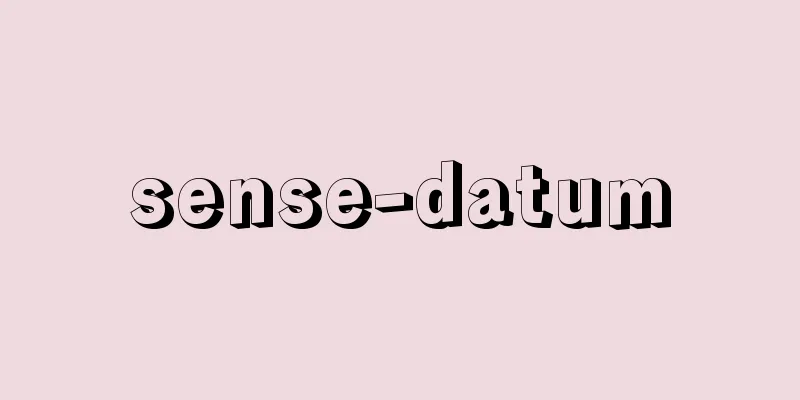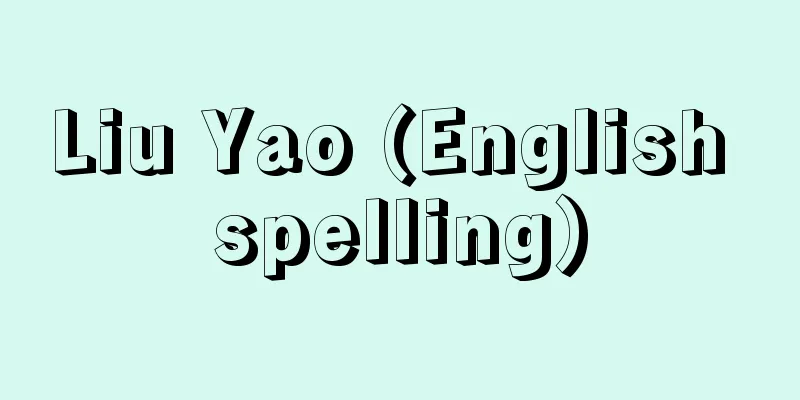Crown holder - Crown

〘 noun 〙① A boy who has come of age and puts on a crown. By extension, a person of a young age. A young person. Also, a weak person. Kaza. Kanza. Kaja. ※Konjaku (around 1120) 29 "When he was serving the Imperial Court in a place where he could be a kwanja (a nobleman) " [Analects of Confucius - Shinshin] ② A title for a person of sixth rank who did not hold an official position. Kaja. ※Azuma Kagami - September 10, 1180 (Jisho 4) "He attacked the castle of Suga no kwanja, a Taira clansman, in Otagirigo, Ina County. The kwanja heard about this" ※Jikkunsho (1252) 1 "Lord Masafusa was still without an official position and was a kwanja (a nobleman)" ③ A young servant. A retainer. A vassal. Kaja. ※Shokyo edition Shasekishu (1283), 8th chapter, "The vassals of the court are afraid, knowing the will of their master" [Eloquence] "Kuwasa no Kimi" in "Genji - Otome" is written without the glottal stop, but from the Middle Ages onwards, the word form "Kuwaja" with the glottal stop omitted was used. From "Amakusa edition Heike Monogatari" and "Unpo Ikiha" (1589), it is believed that "Kuwaja" had become quite common at the latest by the mid-Muromachi period, and was used alongside the conventional "Kwanja".Ka- jakwa [crown]Ka- zakwa [crown]Kanzakwan ... [crown]Source: The Selected Edition of the Japanese Language Dictionary About the Selected Edition of the Japanese Language Dictionary Information |
〘名〙① 元服して冠をつけた少年。転じて、弱年の者。若者。また、弱輩者。かざ。かんざ。かじゃ。※今昔(1120頃か)二九「其の冠者(くゎんじゃ)可然き所に宮仕へしける程に」 〔論語‐先進〕② 六位で、無官の人の称。かじゃ。※吾妻鏡‐治承四年(1180)九月一〇日「襲二到于平氏方人菅冠者伊那郡大田切郷之城一。冠者聞レ之」※十訓抄(1252)一「匡房卿いまだ無官にて、江冠者とて有りけるを」③ 召使の若者。従者。家来。かじゃ。※貞享版沙石集(1283)八「郎等冠者ばら、主の心を知りて恐れて」[語誌]「源氏‐乙女」に「くわさの君」とあるのは、撥音無表記の形だが、中世以降、実際に撥音を省略した「クヮジャ」という語形が行なわれるようになる。「天草版平家物語」、また、天正一七年本「運歩色葉」などから、遅くとも、室町中期までには、「クヮジャ」もかなり一般的になり、従来の「クヮンジャ」と並び行なわれていたと考えられる。
か‐じゃ クヮ‥【冠者】か‐ざ クヮ‥【冠者】かん‐ざ クヮン‥【冠者】出典 精選版 日本国語大辞典精選版 日本国語大辞典について 情報 |
Recommend
Biuret reaction
It is a color reaction of proteins and polypeptid...
Gunflint Formation
… [Canadian Shield and Banded Iron Formations] Th...
Colposcope - koruposukopu (English spelling) colposcope
Also called a vaginal magnifier, it is a stereomi...
Minimal pair
Around 1955, the oral approach (also called the F...
sexual act
…In the past, it was also called “Maguwai” (meeti...
Quadratic curve - nijikyokusen (English spelling) quadratic curve
Quadratic equation on the plane ax 2 +2hxy+by 2 +...
Iwato Kagura
〘Noun〙① A ritual art. Kagura based on the myth tha...
dispersion colloid
...Colloids in which hydrophilic polymers are dis...
Tabe - Eat
Cultivators who worked in Miyake, Imperial estate...
madhyamā pratipad (English spelling) madhyamapratipad
...The fundamental position of Buddhist philosoph...
Emperor's surrender broadcast - Gyokuonhoso
This was a recorded broadcast by Emperor Showa hi...
Renchu-sho
A kind of encyclopedia that provides the essential...
Secret Observations - Kenchu Mikkan
A commentary on over 400 poems from the Kokinshu, ...
Shiko Munakata
Printmaker. Born in Aomori City on September 5, 1...
Prohibition - Kinshi
Used to mean restraint, inhibition, prohibition, ...









